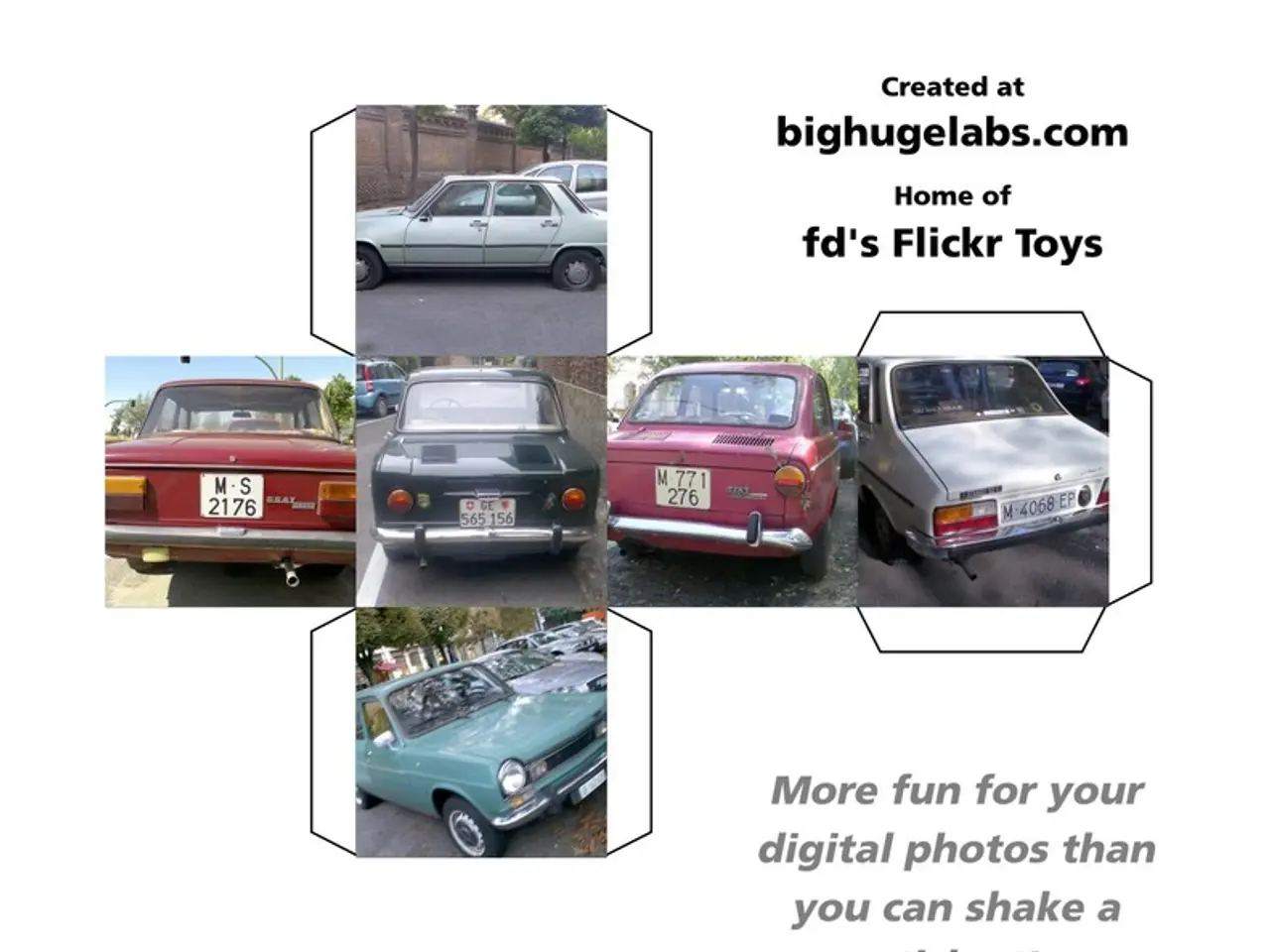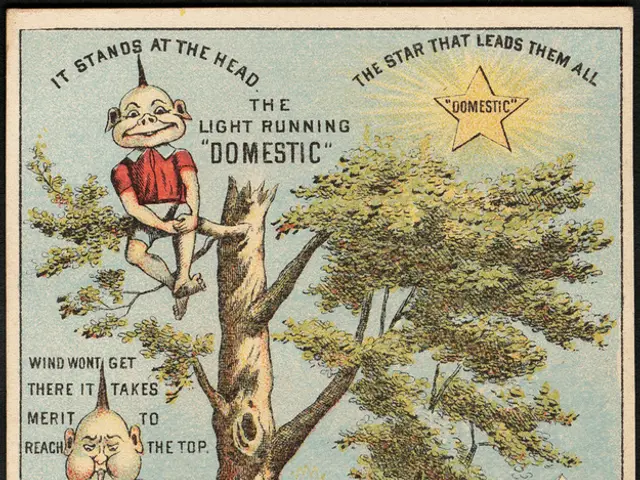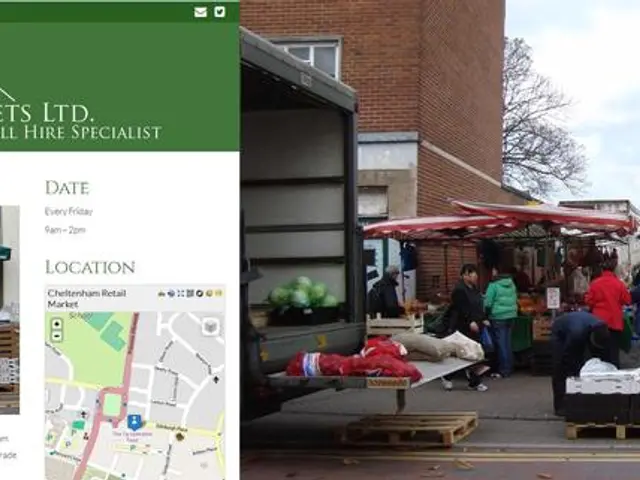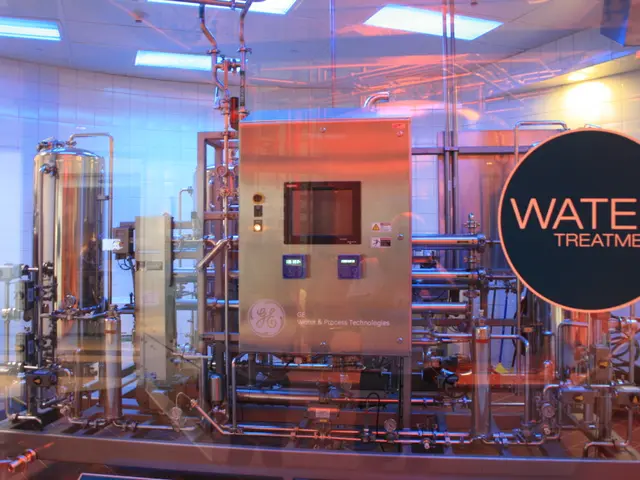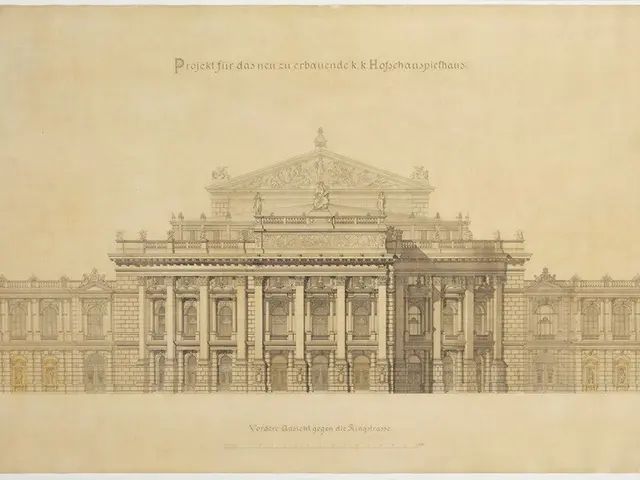Council has proffered several suggestions to the Commission.
The European Union (EU) and the United States have announced a joint written statement regarding the resolution of a long-standing tariff dispute, marking a significant step towards strengthening transatlantic trade relations.
Earlier statements by Commission President von der Leyen suggested that liquefied natural gas (LNG), oil, and nuclear fuels from the United States will fill the gaps left by the planned complete cessation of Russian gas and oil imports. However, the focus of this agreement is primarily on the reduction of tariffs, particularly on car imports.
The EU Commission had reportedly surveyed investment intentions beforehand, but cannot ensure that European companies will actually follow through with additional investments and increased purchases of energy and weapons. In a positive development, EU Trade Commissioner Maros Sefcovic announced that the U.S. tariffs on car imports should be retroactively reduced to 15 percent from August 1.
However, German automakers are still waiting for a timeline on this reduction. The new 15 percent tariff on U.S. car imports to the EU is still high, having previously been 2.5 percent before President Trump took office. This reduction may result in stronger competition for German manufacturers from the United States, but the impact on other industries is not explicitly mentioned.
The reduction of U.S. tariffs on car imports to 15 percent does not affect other industries such as pharmaceuticals, semiconductors, and lumber. The 15 percent tariff cap does not currently apply to European pharmaceutical, semiconductor, and lumber manufacturers due to ongoing investigations.
The statement commits the U.S. and the EU to eliminating unjustified trade barriers in the digital sector. However, the EU considers its current digital laws justified, which may lead to differing interpretations on this point in Brussels. The U.S. demands changes to the EU's strict digital laws, aiming to prevent the spread of misinformation on platforms like Twitter.
The joint written statement was presented in Brussels and sets the 15 percent tariff cap in stone for car imports, but not for other industries mentioned. European companies were not directly informed about the reduction of US car tariffs but learned about it only through the official statement because the tariff adjustments and related agreements were negotiated politically and announced officially by the EU Commission and the US administration as part of a formal public declaration of the trade deal.
Negotiations behind the scenes continued over details such as who would fulfill which promises and when. The EU will reportedly meet the necessary conditions for this reduction, which involves initiating legislative procedures for tariff reductions on certain U.S. products.
The statement sets a positive tone for future transatlantic relations, with both parties committing to working together to address contentious issues that both sides could accept. However, the full implications of this agreement will unfold in the coming months as the details are implemented.
